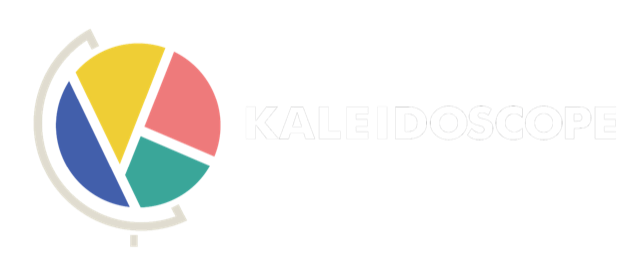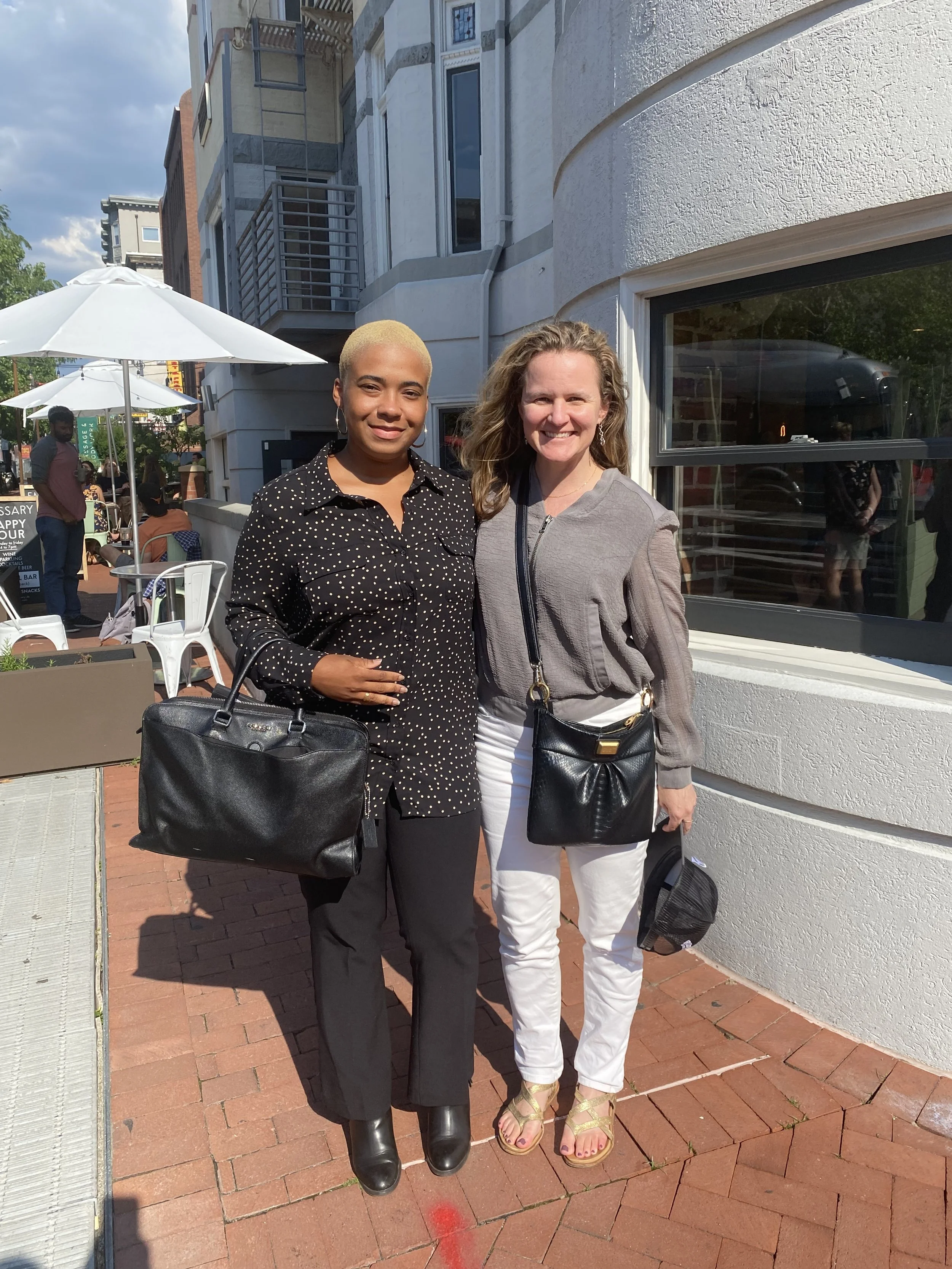Students emerge from our 2-week summer programs having developed original, self-directed projects. Here, we feature Peak Performance student Saira Kazmi’s project, in which she leveraged cognitive science research to form and stick to a new healthy habit!
Alumni Profile: “I’m currently working full-time at the Sierra Club while attending school full-time."
When I met McKenna when she was in high school, she was learning Chinese, building a robotic hand, and working as a mortician’s assistant. Her final Kaleidoscope project examined death rituals across cultures.
She was fascinating then, and she’s fascinating now. I hope you enjoy this profile as much as I enjoyed coffee with McKenna.
POV: An Autocrat's Dream Education System
5 tips for Teaching Large Classes Online
As part of a new partnership with the Rise Fellowship, we’ve recently gone from running classes with a maximum of 10 students to classes four or five times that size. At these sizes, we had to create new ways of interacting, which, honestly, is fun for us! We love innovating on online pedagogy. Today we’re sharing five things that have worked for us as we've supersized our classes:
Student Project: Motherhood during the Pandemic
Student Project: Generational Perspectives on Identity Development
"Why are we learning this?
Why are we learning this? It’s the most commonly asked question in classrooms.
When asked, teachers generally reach for an instrumental answer. There isn’t always one in easy grasp, but it’s the reflex.
Today we consider a different, deeper ‘why’ thanks to help from Margaret Atwood. In the 2004 Kesterton Lecture at the Carleton School of Journalism, Atwood does what great writers do best: reveals a deep truth that both makes me feel something and makes me want to be a better person.





